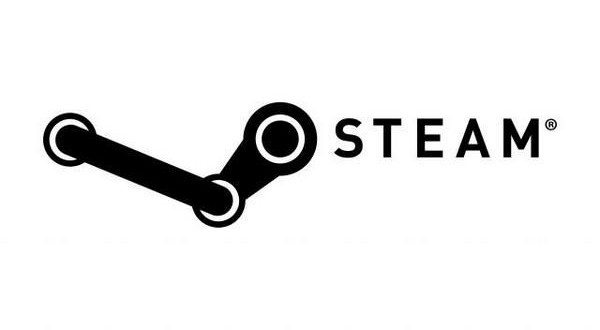Last week, Steam brought in a controversial new design to their Steam Workshop. They chose to begin charging for the mods available for Bethesda’s Elder Scrolls V: Skyrim, one the most modded games on Steam. This lead to huge fan backlash, and a few days later Valve went back on their decision, stating, “We think this made us miss the mark pretty badly, even though we believe there’s a useful feature somewhere here.” This would indicate that Valve do intend to begin charging for mods eventually, but have accepted they will need to re-evaluate how they approach this.
The first issue they made with this new design was using a game that was already heavily mod-reliant. Modders over the years have improved on most aspects of Skyrim, with graphical upgrades, UI tweaks and best of all a mod that makes the Dragons look like, ‘Macho Man’ Randy Savage. The game has now only become as strong as its best mods, with a huge amount of PC gamers choosing to play on this platform solely for the modding capabilities.
Secondly the payment/reward scheme, while supposedly made with the modders in mind, with Valve stating “[to]allow mod makers the opportunity to work on their mods full time if they wanted to, and to encourage developers to provide better support to their mod communities,” was twisted in a way that the modder would only likely see about 25% of profits. With Valve taking their usual 30% cut and the rest going to Bethesda. This begged the question, what the real incentive was to the modding community? Yes they could have taken a quarter of the profits, but with them doing all the hard work to improve a game for a developer, why should the developer be able to take the majority of the money? That could lead to developers of future games to release half baked, unfinished games as they know modders will fix the issues and they can take a huge amount of the money, with no work required from their end.
Problem the third is that mods, can, and do occasionally break the game. With no official support from developers there is no guarantee that a mod will actually improve the game and could result in the experience becoming a buggy mess until the mod is uninstalled. It had been suggested that, had the model remained in place, that refunds would not be offered for mods that caused the game to break. However they did refund gamers who did pay for mods in the few days the service was active.
While the service was live there was a increase in small mods being released by people hoping to make a quick buck. If Valve intend to go ahead with this paid mod idea in the future they need to have a better way of policing the content that is released, and that compensation goes to the correct party, not someone who has stole someone else’s code and re-released it. Most people would agree most modders do deserve compensation for their hard work, but with them receiving the larger cut of generated revenue. Valve may have to reconsider their profit shares if they do decide to bring the feature back in the future. One of the proposed ideas is a donation button that would allow gamers to give a little back if they use a mod, but it would appear from the outset this is designed as a money making exercise for Valve and game developers, with Valve statement including the line, “But we underestimated the differences between our previously successful revenue sharing models”.
Valve owe a lot of their success to the mod market, with Half Life spawning mods such as Counter Strike and the hugely popular DOTA 2 being borne out of a mod for Warcraft. This lead to a lot of gamers feeling Valve have forgotten their roots and have forgotten what it was that helped them get a strangle hold in the PC gaming world. Valve seem to become increasingly disconnected from their user base and ideas like this will do little to reassure disgruntled PC gamers. I hope that Valve can bring in a scheme that rewards modders, and it seems like it is only a matter of time before they do. But they need to focus on the modders in this scheme and not their “revenue sharing models”.
 Load the Game Video Games, Reviews, Game News, Game Reviews & Game Video Trailers
Load the Game Video Games, Reviews, Game News, Game Reviews & Game Video Trailers



